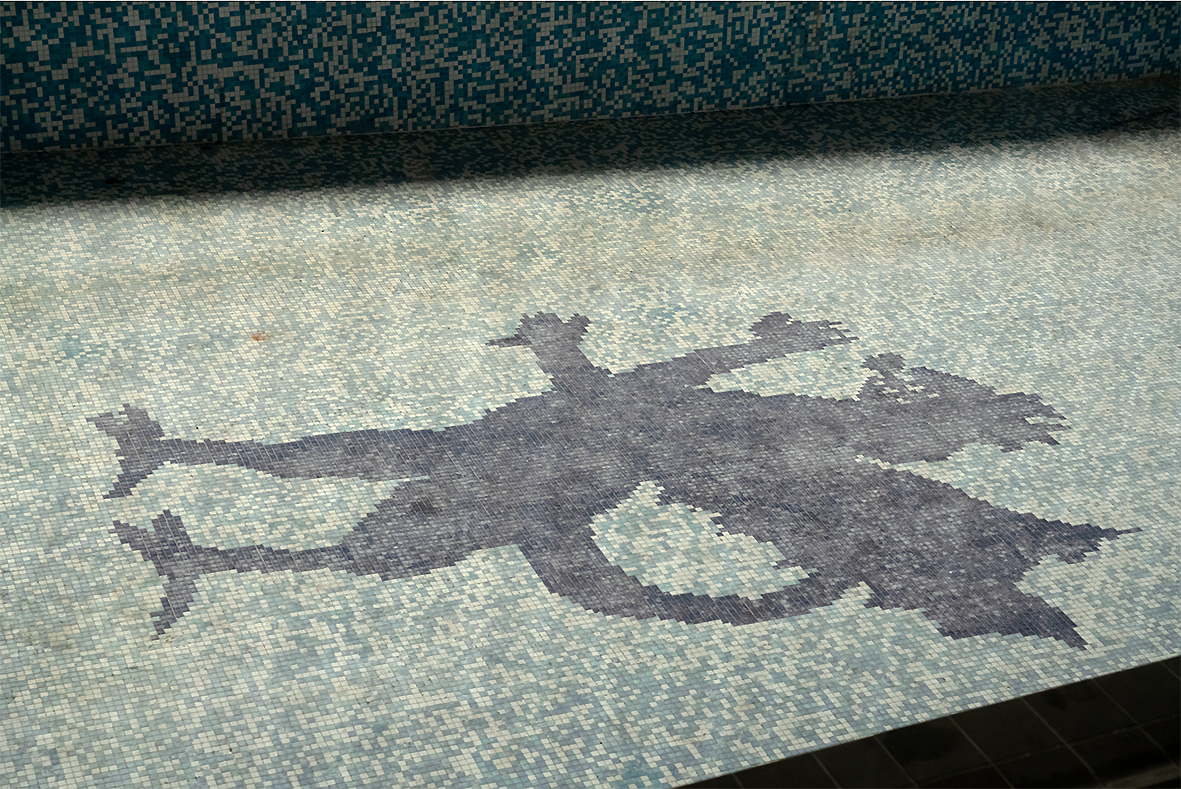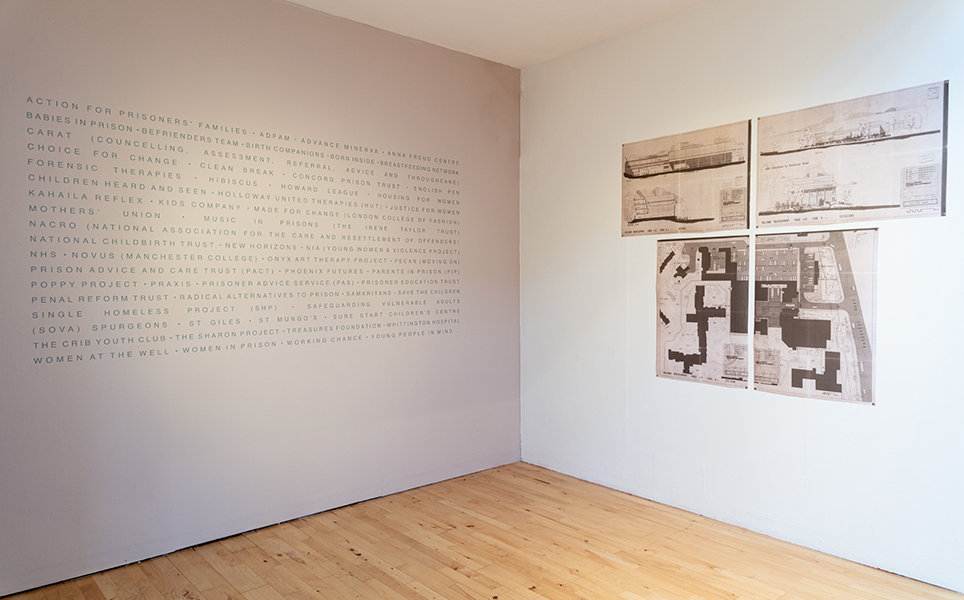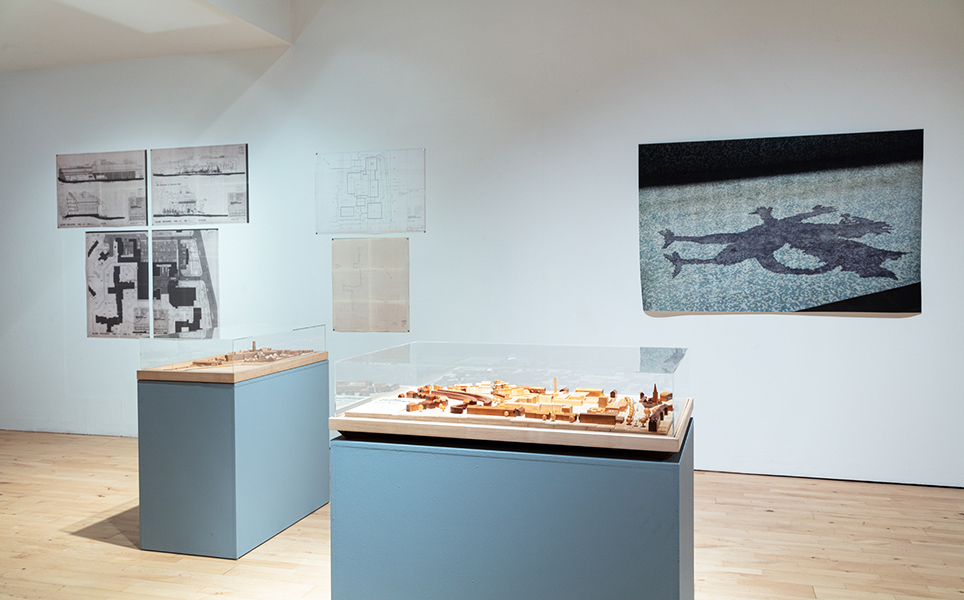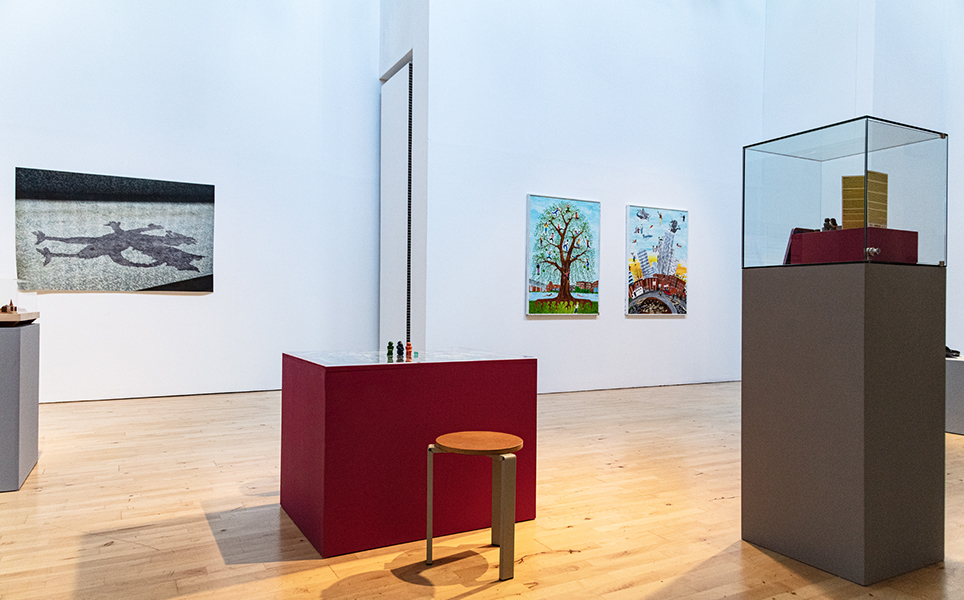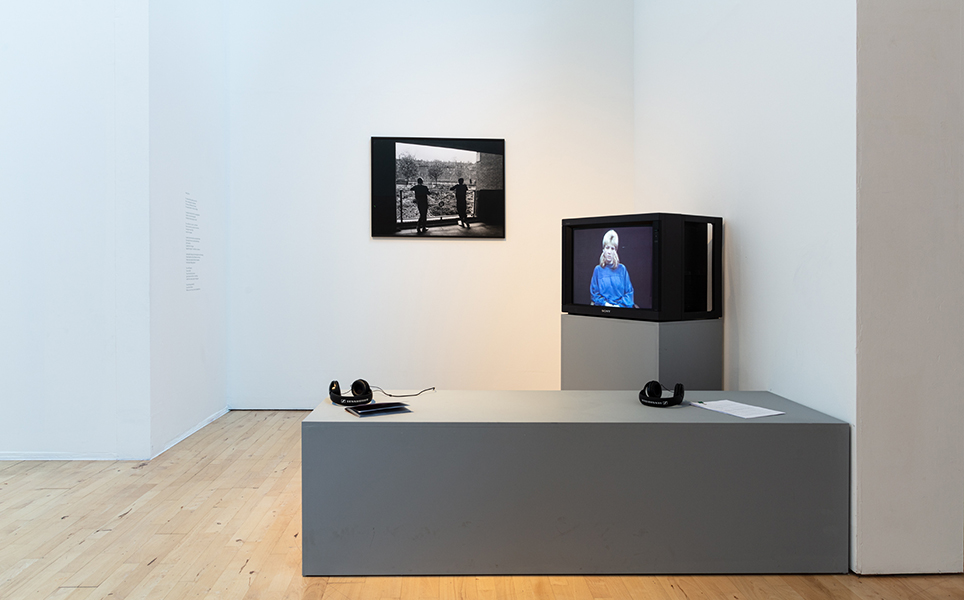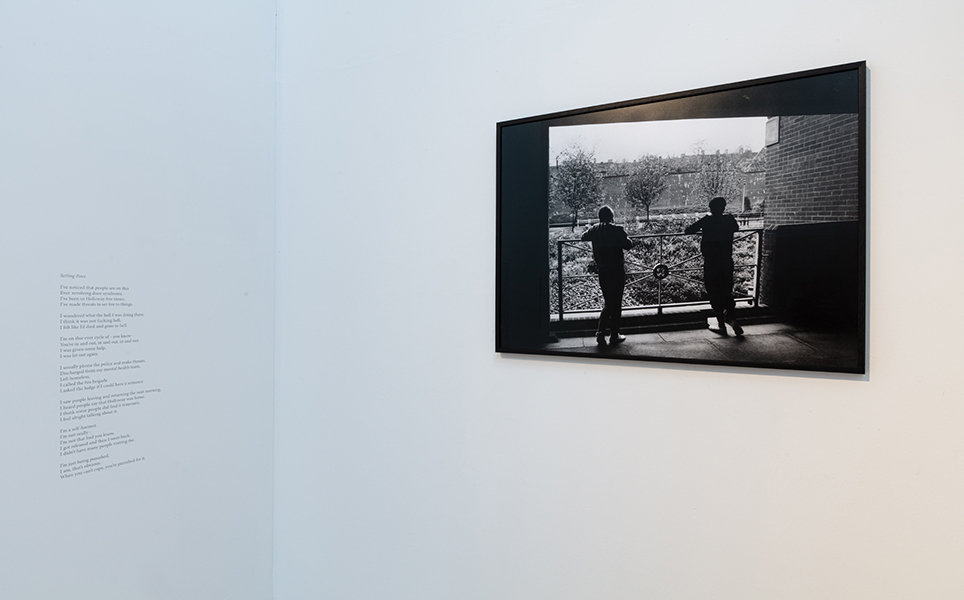The End of the Sentence presents artist Judy Price’s research into the history of Holloway Women’s Prison. The exhibition reflects on the impact of the criminal justice system on women and features new work by Price, archival material, and artists and writers invited by Price including Erika Flowers, Hannah Hull, Nina Ward, Katrina McPherson, Carly Guest and Rachel Seoighe. The project draws on networks, collaborations and relationships developed through Reclaim Holloway, which has been actively campaigning for a Women’s Building on the former prison site since 2016.
As part of The End of the Sentence, Price presents a new moving image installation in collaboration with Dorich House Museum, which features a bronze sculpture of a baby by Dora Gordine (1895-1991) commissioned for the Mother and Baby Unit at Holloway Women’s Prison in 1948. The soundtrack to the film explores incarcerated pregnancy, drawing on the writing and fieldwork of midwife Dr Laura Abbott and forensic psychotherapist Pamela Windham Stewart. The script is re-voiced by actors from Clean Break, a women’s theatre company whose members have lived experience of the criminal justice system. For the duration of the exhibition at Stanley Picker Gallery, the original bronze sculpture, on loan from the National Justice Museum, will be on display at Dorich House Museum in Kingston, Gordine’s former studio home.
A recording of the conversation between Judy Price and Pamela Windham Stewart can be found online.
Pamela Windham Stewart has worked for over twenty years as a psychotherapist in several prisons, including HMP Holloway, where she has developed and facilitated therapy groups for mothers and babies who are incarcerated. Pamela lectures widely and is the founder of the Saturday Forensic Forum. She has a private practice and is a clinical supervisor. With Jessica Collier, she co-edited The End of the Sentence: Psychotherapy with Female Offenders (Routledge, 2018) from which the title of the exhibition is borrowed. This seminal book documents the rich and varied psycho-therapeutic work undertaken by dedicated specialists in HMP Holloway, and the often difficult environment where attempts to provide psychological security were often undermined by conflicting ideas of physical security.

